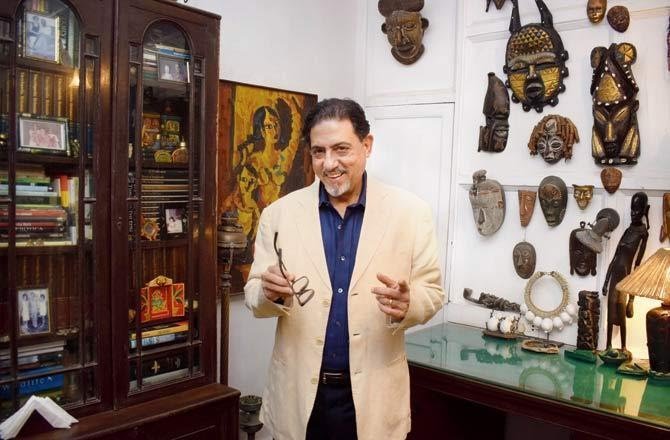Health ministry regulates sale of drug to save vultures
To prevent the misuse of Diclofenac on cattle, the drug formulation for human use will be available only as a single dose vial of 3ml instead of the current 30 ml.
The gazette notification reducing the multi-use vial to a single dose vial was issued by the Union ministry of family health and welfare on July 17.
 Diclofenac is an inexpensive non-steroidal, anti-inflammatory drug and is effective for treating pain and inflammation in cattle and humans, but is toxic for vultures, according to studies conducted by the Bombay Natural History Society (BNHS) and other organizations.
Diclofenac is an inexpensive non-steroidal, anti-inflammatory drug and is effective for treating pain and inflammation in cattle and humans, but is toxic for vultures, according to studies conducted by the Bombay Natural History Society (BNHS) and other organizations.
Vultures–nature’s most efficient scavengers–primarily scavenge on dead bodies of wild animals and domestic ungulates and have been dying on a mass scale after feeding on carcasses that were administered Diclofenac 72 hours prior to their death. They suffer from renal failure and deposition of uric acid on visceral organs due to the drug.
Three Gyps species of vultures in India had drastically declined by about 99% over the past two decades, said a BNHS spokesperson.
Khojeste Mistry who has worked to save the vultures from extinction said the gov ernment’s decision must be complemented. “Whether citizens follow it or circumvent it is another matter,” he said.
The use of the drug for veter inary purposes was banned by the Drug Controller General of India in 2006 following a sus tained campaign and several state governments. However, the human vials were being used in cattle. A BNHS spokesperson said the advisable dose for humans is 3ml and for cattle, it is 10-15 ml and thus the misuse.
“Banning the multi-dose vial will go a long way in preventing the possible extinction of vultures by drastically re ducing misuse, without any significant threat to legitimate use on humans,” said the spokesperson.
Currently BNHS and the UK-based Royal Society for the Protection of Birds are operating four vulture breeding centres in Haryana, West Bengal, Assam and Madhya Pradesh along with the respective state governments. As a part of advocacy efforts, proactive attempts are being made to keep at least 100 sq km of area of natural habitats across the subcontinent, labeled `vulture safe zones’, free from Diclofenac, said the spokesperson.





